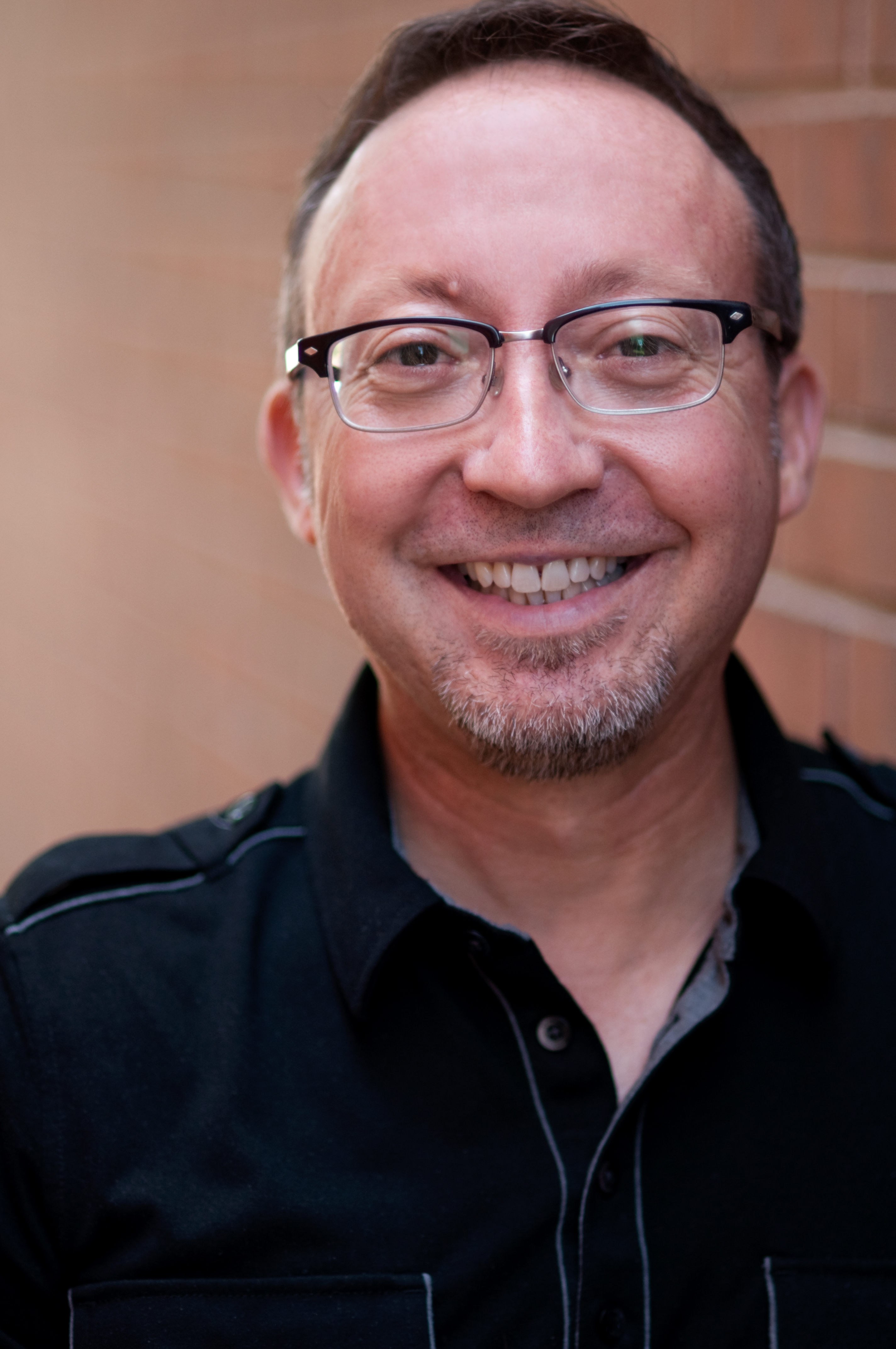A friend of mine writes young adult novels. I once asked her what was different about writing to adolescents than adults. She said to me, we all experience the ups and downs of life growing up and getting older. Yet for teenagers, they are feeling all these joys and sorrows for the very first time. They don’t have the reserves of life experiences from which to draw for a greater understanding.
My last couple of blogs (Part 1, Part 2) explored the complexities of what LGBTQ+ youth have to navigate in their sexual and gender identity. I also discussed how LGBTQ+ youth can encounter various wounds at home, school and church because of these feelings. Sadly the results of this pain can possibly lead to various mental health issues, suicide ideation, addiction and health risks. I remember very personally dealing with many of these as a teen for the first time, mostly on my own. It’s a path I certainly don’t recommend.
How can we as the Body of Christ bring help and healing in this area? How can we be part of the solution instead of the ongoing, horrific problem? My feelings are two-fold when a hurting family walks through the door at Where Grace Abounds. I’m so sorry they are here—it must be something incredibly difficult and painful which has brought them. I’m also very grateful they are here—hopefully they will get the community support and resources we have to offer. Here are a few things we as Christ’s body can offer to hurting families.
Families Desperately Need:
Generous Ongoing Social Support
When it comes to issues surrounding sexuality and gender, there are no easy fixes. There are no magic words or keys, and it’s never wrapped up in a tidy bow. When journeying with someone, it’s good to remember you’re in it for the long haul. We’ve have been walking alongside men, women and families, some for three decades now.
Help with Keeping Family Relationships in Order
A teen coming out as gay or transgender can be like dropping a bomb on the family system. There can be lots of differing emotional reactions that can be divisive. The lack of family acceptance can also lead a LGBTQ+ youth onto the streets. This can be by either running away or being forced out of the home. It’s helpful if each person can have a safe place to process their legitimate emotions. That can be with a therapist or in a support group environment. Talking with other parents who are navigating similar issues can be extremely helpful, as in our weekly Family & Friends group.
Navigating Faith and Community
The “good news” of the gospel is God’s abundant love for us in Jesus. The bad news is most LGBTQ+ youth and perhaps even their families rarely ever hear this greater truth. Church can feel like an unsafe place and the bible can be used as a weapon. Many adolescents leave their faith feeling there is no place for them in the church (I did that at 18). The only way they will know God loves them is by demonstrating the truth and grace of it to them. Hopefully with a safe person, church or youth group, a trust in a God that loves them can be salvaged.
Help with Coping Strategies/Mental Health Issues
As I’ve mentioned in my last several blogs, LGBTQ+ teens can be dealing with an array of mental health issues such as anxiety disorder or depression. There can be added problems like suicidal ideation, homelessness and addiction. Early intervention, comprehensive treatment and family support are key in helping LGBTQ youth recover from a mental health condition. It is imperative to find skilled mental health professionals.
Dignity for the Adolescent and Family
Everyone in this situation can feel beat up at times. Parents can feel guilty, shamed or criticized for their parental decisions. The adolescent may be bullied or verbally abused. Offering the dignity that God created us with is a simple thing. Remembering kindness goes a long way.

Scott Kingry
Program Director
A staff member since June of 1992, Scott is a key player in the WGA discipleship ministry. He plans, organizes, and implements every aspect of the Thursday night support group. In addition to public speaking, counseling group participants and training leaders, Scott maintains personal contact with many group members and it is to Scott’s credit that many group members feel personally welcomed, cared for and loved.
Although he holds a degree in graphic arts, he attributes his ministry qualifications to the “school of hard knocks.” God’s abundant grace continues to be the instrument of growth in his life, and he desires to be firmly grounded in the forgiveness and freedom of relationship with Jesus Christ.
Scott attends a Presbyterian Church.
Make a Difference in Someone's Life
If you enjoy reading WGA’s blogs and would like to show your support, please consider making a donation. Where Grace Abounds is a 501(c)3 non-profit organization. The majority of services, including support groups and discipleship counseling, are provided free of charge. Your financial gifts help to cover the costs associated with offering a free program to those who seek WGA’s services.


Scott,
I am reaching out to you for guidance and help. My wife and I have a 21 year old that as of three years ago has decided to be a transgender woman. He lives out of the house and is in college but we want to help. We love him but we want to see what kind of help is out there other then then work the words is pushing.
Thank you so much for reaching out Richie, I will email you a response that I hope will be helpful!
Thank you for reaching out Richie! I will email a response to you–I hope it will be a helpful!